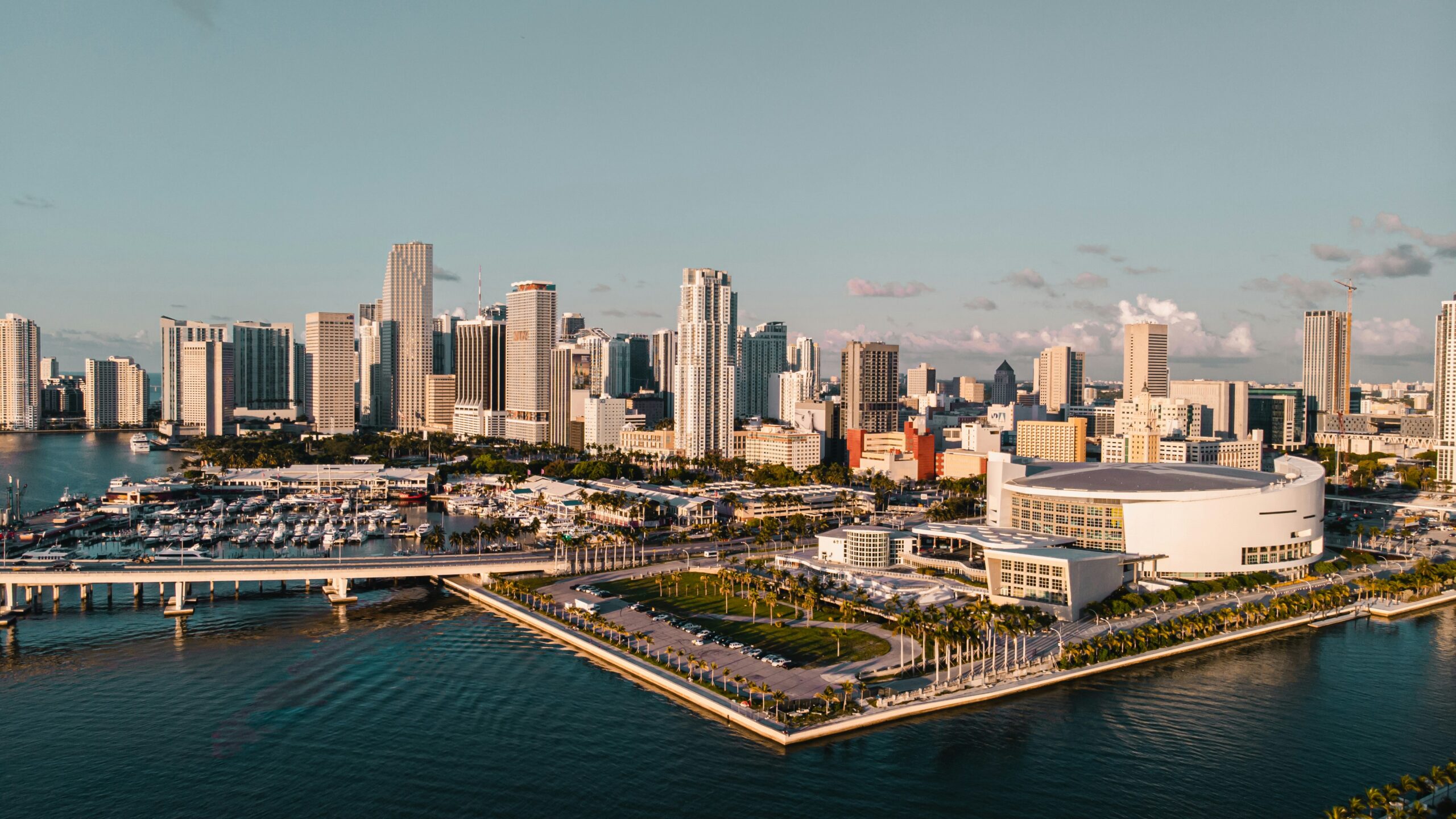Two months after Amendment 3 fell short of the required supermajority approval, Smart and Safe Florida is renewing its push to legalize recreational cannabis in the Sunshine State. This Tuesday, the campaign’s revised proposal was approved by the state Division of Elections, aiming for a spot on the 2026 ballot. However, with Governor Ron DeSantis (R) firmly opposing adult-use cannabis and a medical cannabis market dominated by Trulieve, questions linger about whether the campaign can generate sufficient support to address these challenges and gain approval this time around.
What’s Changed?
The revamped recreational cannabis measure retains many similarities to Amendment 3, including provisions allowing adults aged 21 and older to purchase and possess cannabis. However, unlike Amendment 3 which allowed up to three (3) ounces of cannabis, the new measure reduces that amount by only up to two (2) ounces of cannabis. The new proposal incorporates changes aimed at addressing key concerns raised by Governor Ron DeSantis during his prohibitionist campaign. Notably, it explicitly prohibits the smoking or vaping of cannabis in public places and includes safeguards to prevent marketing, packaging, and labeling that could be deemed “attractive to children,” mirroring restrictions in the state’s industrial hemp laws. Additionally, the measure grants landlords and property owners the authority to ban cannabis use on their premises.
A significant shift in the new measure is its approach to licensing. Unlike Amendment 3, which was criticized for favoring the state’s existing vertically integrated Medical Marijuana Treatment Centers (MMTCs), the updated proposal extends sales privileges to any “Licensed Marijuana Entity.” This change aims to promote a more competitive market by enabling horizontal operations and reducing barriers to entry in Florida’s lucrative cannabis industry. Critics of Amendment 3, including Governor DeSantis, had argued that its backing—particularly the $145 million in funding from Trulieve Cannabis Corp., the state’s dominant operator—was a ploy to maintain MMTCs’ monopoly over the billion-dollar market.
One notable omission in the new proposal is explicit language legalizing personal cultivation, or “home grow.” This issue was a major sticking point for some voters who opposed Amendment 3. While the revised measure leaves the door open for home grow by delegating the matter to the state legislature, this approach raises concerns. With Florida’s increasingly conservative legislature, many voters may doubt lawmakers’ willingness to pass legislation supporting home cultivation, potentially leaving this critical issue unresolved.
Conclusion
While momentum is building around the new initiative, significant hurdles remain before it can appear on the 2026 ballot. The campaign must gather approximately 900,000 valid signatures—a daunting task in itself. Compounding the challenge is Governor DeSantis’ announcement of a special legislative session starting January 27, aimed at overhauling the state’s citizen initiative process for constitutional amendments. Should the proposal clear these obstacles and secure the required supermajority for passage, Florida could see a substantial boost in revenue, building on its already highly lucrative medical cannabis industry. Although 2024 marked a setback for cannabis reform in the Sunshine State, the path forward remains closely watched by industry stakeholders and the public, with high stakes for the future of adult-use legalization.

